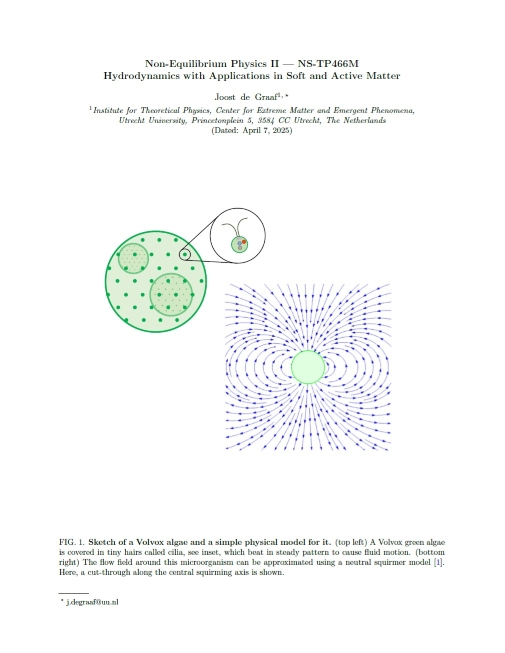In general, PhD is considered challenging, but this can also be very rewarding. You will have a unique opportunity to become an expert on one (or several) research topics and will help to move forward scientific understanding. Some people might be put off by the reports on mental-health issues being widespread among PhD candidates, as well as the lesser aspects of academia, which I have covered above. Here, I outline some general pointers to make the most out of your research project and avoid the lesser aspects of research, which can also be of use at the master's and bachelor’s level.
I base the observations below on the (co-)supervision of 10+ PhD candidates. In my experience, also as a counselor, things that go wrong in a project are primarily due to a lack of (i) communication, (ii) structured/focused work, and (iii) perseverance. Perhaps surprisingly, problems in communication typically structurally undermine the latter two, leading to a vicious cycle that is hard to break. You can do yourself a favor as follows:
Write! And write from the beginning of your project. At the end of your PhD, you will need to put together a thesis. A sure way of guaranteeing stress, mental-health problems, and even potential failure is to not write pieces of chapters while you are working on your project, as well as to avoid pushing through peer-reviewed publications when you can. Utrecht University technically only requires you to have 3 scientific chapters that are in principle publishable to obtain a PhD degree. But your overall experience and happiness in defending your work will be greatly improved by having chapters based on peer-reviewed publications. Having written material early on can also help your supervisor to give you feedback on your writing (which should happen if they are doing their job, and now they can do it outside of meetings also), help you sharpen your own thinking (because in explaining things to your peers, you will see missing elements), and help you to define your project (as you will also write about what is in the literature and identify where there are knowledge gaps). The difference between someone who structures their thesis project like this and who postpones writing is night and day, both in terms of tangible output (chapters/papers) and in terms of wellbeing. Having reference material, which shows how much work you have done and how far you have come, that is in one cohesive format, will help stave off self-doubt and feelings of failure.
Take charge, but do not be arrogant/stupid about it. Being independent is a great aspect of doing (PhD) research, but it is also something you may still have to grow into. It is your thesis project, and it is you who should be the one doing the work. But that does not mean your supervisors do not have a say in what you should or should not do, or that you can simply drop projects you think are (potentially) not going anywhere, especially on your own (because it is your PhD after all). It takes time and perseverance to make progress in a new direction. Research is one of those areas of work, where the results matter and the net time investment can be extreme to make small progress; if you are lucky, it may be small to make a large step, but this is not likely. Wrong directions exist and will need to be explored, so that you can exclude them from your thinking. Often, you can write up results on these for your thesis, which are valuable. Try not to get frustrated and see the potential in a negative result, and be honest about how things are going to your supervisor. Try not to cover up failures or brand things as 'trivial' or a 'waste of time'. Establishing a good overview on a project is hard and requires input.
Lastly, a PhD candidate who is in a comfortable position will want to talk to their supervisor, possibly even every week, because they are achieving things, have new things to show, and want to move forward by bouncing ideas off another person. Conversely, in my experience, it is PhD candidates who are struggling that tend to want to increase the time between subsequent meetings, typically leading to a vicious cycle of avoidance and negative thinking. The best way to overcome this issue is to write up your thinking (see above), keep a lab journal (which is not just wise, it is mandatory in most places), prepare for discussions with your supervisor with slides (which prevents wasting valuable time by looking up results and pictures on your computer). But most important is talking to people, reaching out to researchers who are keen to discuss research, and not being too put off by comments about the size and complexity of a problem. It is this aspect that is often most challenging to get into, but it is what makes science work best.
Try to avoid working with people who forbid you from speaking with fellow researchers about your project. This does not make sense, even if the results are profound or transformative. If you find yourself in such a situation, maybe you should reach out to a PhD counselor or confidential advisor.

